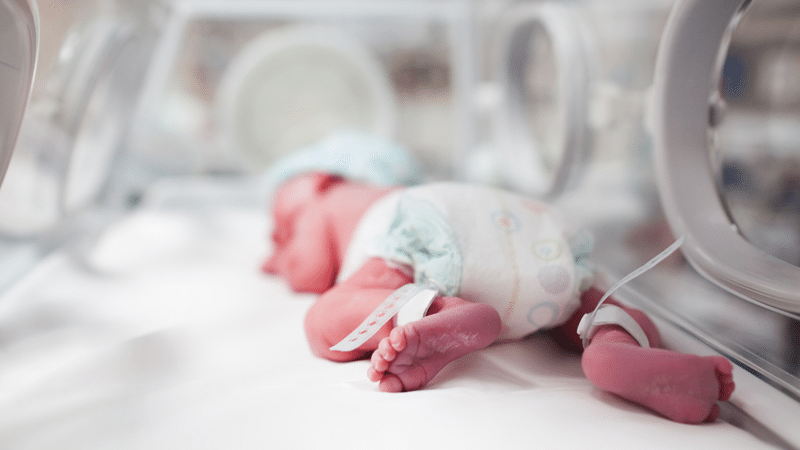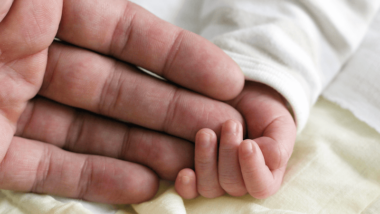The proportion of 22-week-old babies surviving after being discharged from neonatal care units in England and Wales has risen after services were expanded, a study has found.
Researchers from the University of Leicester and Imperial College London analysed the impact of the British Association of Perinatal Medicine’s 2019 guidance, recommending doctors give “survival focused care” to 22-week-old babies instead of only those born at 23 weeks and later.
The academics found that of babies who were alive when their mothers entered labour at 22 weeks, the percentage who received care rose from 11.3 per cent in 2018-2019 to 38.4 per cent in 2020-21. Although the numbers remain small, the percentage discharged from neonatal care rose from 2.5 per cent to 8.2 per cent.
‘Widespread care’
The researchers commented: “Although the recommendation was intended to be risk-based, we speculate that, on the contrary, approaches have moved from being selective to more widespread provisions of survival focused care.
“This change would explain the increase in the proportion of babies at high risk who received survival focused care.”
In Britain currently, abortion is available for most reasons up to 24 weeks, the age at which babies are deemed to be ‘viable’ outside the womb.
Twins
In October, twins born at just 22 weeks and a day celebrated their first birthday.
When mum Kim Thomas went into labour at just 21 weeks, barely halfway through her pregnancy, doctors at the Cleveland Clinic in Ohio attempted to delay the birth.
But twins Kimyah and DJ were born a few days later on 12 October 2022, more than four months premature and each weighing less than 1lb.
Mum ‘so grateful’ for healthy twins after refusing to abort one to ‘save the other’


